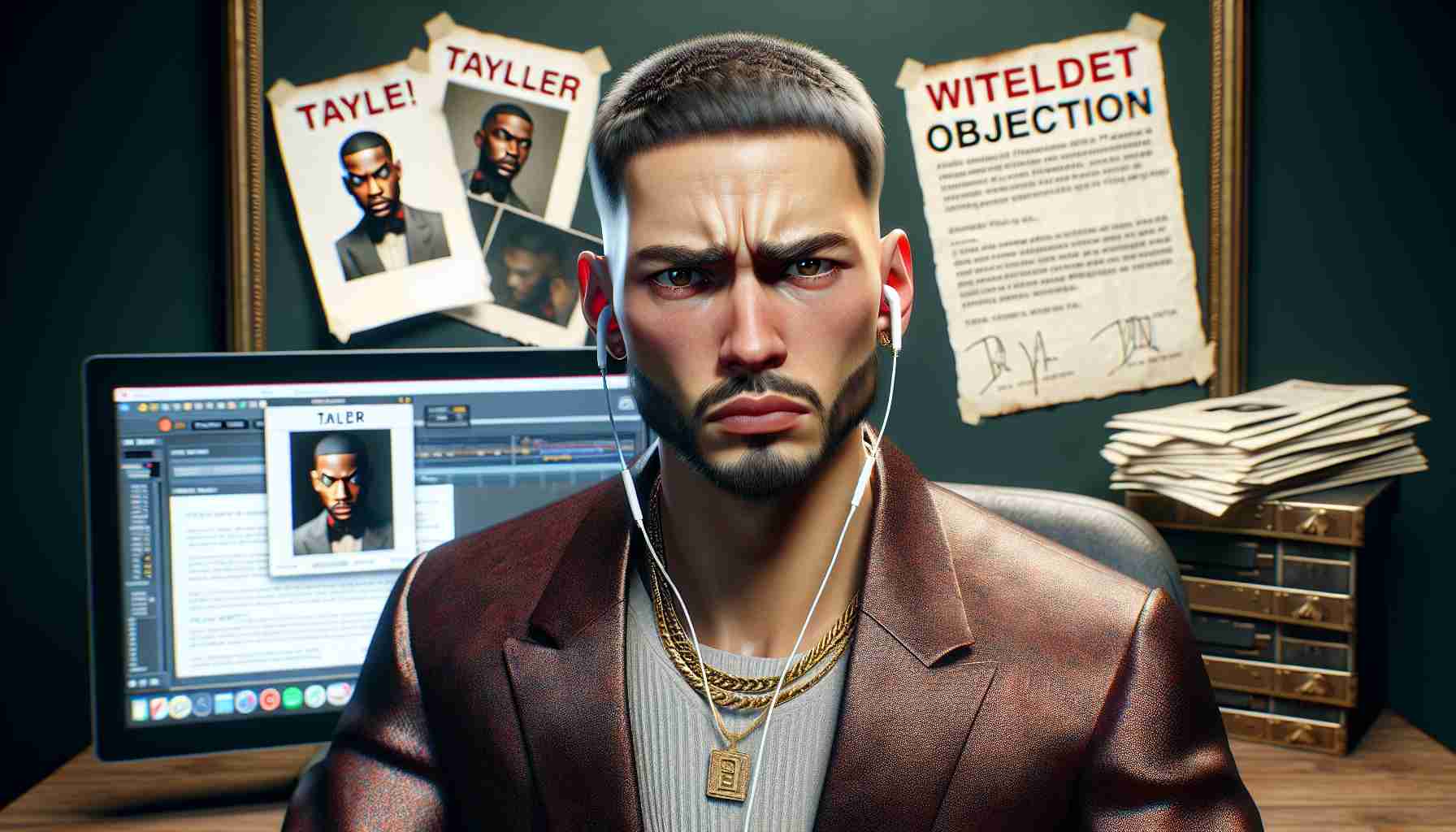The AI-controversy in Music Continues
Recent move by Tupac Shakur’s estate brings Drake’s latest track down. The hit single “Taylor Made” woven into the fabric of the ongoing feud between Drake and Kendrick Lamar has caused a stir for unauthorized use of vocals. Tupac’s estate has firmly objected to the AI-replication of the late rapper’s voice in the track, leading to its removal from public platforms.
In the controversial song that was part of their rap battle, an AI-engineered voice resembling Tupac Shakur throws a lyrical punch at Lamar. Citing a serious infringement upon Tupac’s enduring legacy, the estate dispatched a legal notice to Drake. The poignant voice of the late legend was used without consent, prompting immediate action.
Legal Tensions Escalate in the Music Industry
The repercussions of this incident highlight the complex legalities surrounding AI usage in the music industry. The cease-and-desist letter, lodged with serious concerns, compelled Drake to retract the track from all musical distribution channels.
The Fallout of a Rap Clash
As the clash of titans, Drake and Lamar continue to dominate headlines, Tupac’s estate’s reaction underscores the ethical and legal complexities of posthumous digital vocal manipulation. The disagreement illuminates the delicate balance between artistic innovation and the respectful remembrance of music legends.
The Debate Over AI’s Place in Art
Beyond the personal grievances and the legal dispute, this current affair sparks a broader conversation on artificial intelligence’s role in recreating and altering the contributions of those no longer with us. As the music industry grapples with these groundbreaking technologies, the call for clear guidelines becomes increasingly pressing.
Unpackaging the Implications of AI in Music Production
The case involving Drake’s withdrawal of “Taylor Made” due to Tupac’s estate objections raises several questions and debates in the music industry and beyond. A key question centers on the ethical implications of using AI to imitate deceased artists: Is it morally correct to recreate an artist’s voice without explicit consent? This touches upon the broader conversation about how AI might be used respectfully in artistic creation.
Legality and Copyright Challenges
The central challenge in this instance is the legal precedent set for the use of AI in music production. One must consider copyright laws and whether a posthumous figure’s voice can be copyrighted. Furthermore, the heirs or estates of deceased artists must determine how to protect and manage the artist’s intellectual property in a rapidly changing technological landscape.
Examining the Pros and Cons of AI in Music
There are distinct advantages and disadvantages to the application of AI in recreating voices. On the plus side, AI has the potential to preserve the legacies of deceased artists and introduce their work to new generations. It can also serve as a tool for innovation and experimentation in music production. The disadvantages, however, include the risk of misuse or overuse, which could lead to ethical violations, such as creating content that the original artist might not have endorsed.
The Future of AI in Creative Domains
As discussions continue, one thing is clear: The industry needs to establish guidelines for AI’s application in the arts to avoid future controversies. This includes the need for discussions about consent, the involvement of estates, and potentially the development of new legislation to address these technological advancements.
Additional Resources
For those interested in learning more about the implications of AI in the arts and legal matters within the music industry, it’s advisable to visit authoritative sources such as Recording Industry Association of America (RIAA) or American Society of Composers, Authors and Publishers (ASCAP) for their takes on digital innovation and copyright laws.
The source of the article is from the blog aovotice.cz

